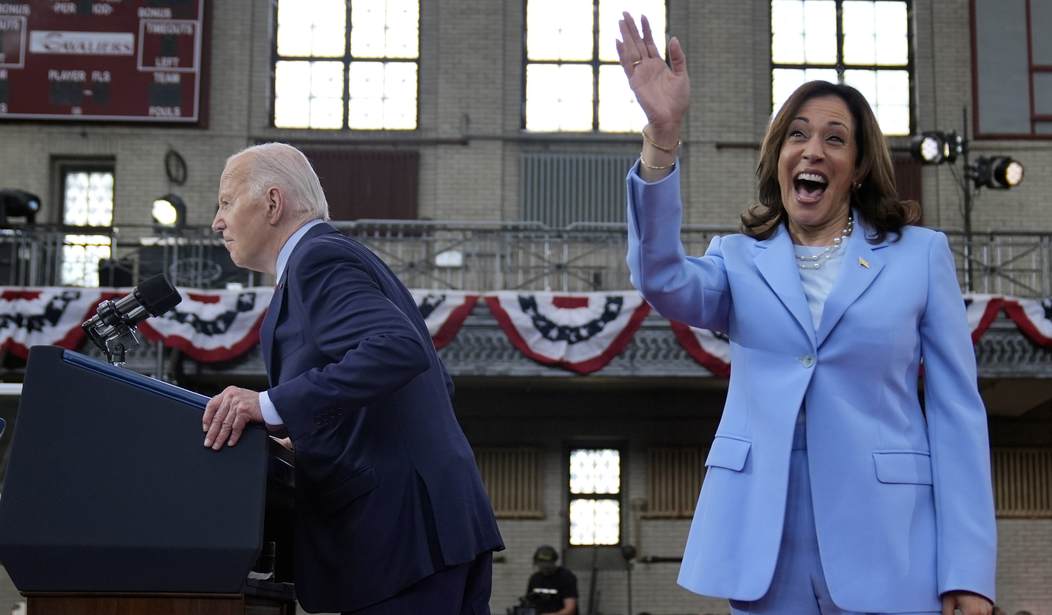Kamala Harris is a cipher to most Americans. Despite her being attorney general and a senator from the largest state in the Union, a candidate for president in 2020, and vice president for three-and-a-half years, Harris's outline is fuzzy.
This presents an opportunity for Democrats as well as extreme peril. In 2008, Barack Obama was similarly unknown. Hillary Clinton wasn't worried enough about him to try to portray him in a negative context. She could have highlighted his radicalism, his connection to Chicago politics, and his extremely limited experience.
Instead, Obama was able to define himself for Democratic primary voters first. The consequences for Clinton were catastrophic. Whereas the Obama campaign portrayed the candidate as a moderate who gave nice speeches and said everything that Americans wanted to hear, Clinton got clobbered in the primaries. She never knew what hit her.
Confederate Civil War general Nathan Bedford Forrest is often quoted saying about his success on the battlefield, "I got there firstest with the mostest." The same applies to politics. The ability to define your opponent before they're able to counter their obvious weaknesses makes it very difficult for the opposition to shed that definition.
Donald Trump is so well known that Democrats literally have nowhere to go in trying to define him. All but an extremely small portion of the electorate has already made up its mind about the former president.
But Harris is a different story. Blueprint 2024, a Democratic polling firm, took a snap poll after Biden resigned and discovered the blank slate that voters saw her as.
“Voters have a very limited perception of Harris: liberal, prosecutor,” said Blueprint lead pollster Evan Roth Smith, who surveyed 1,537 registered voters on July 21 and 22. “Their concerns are largely limited to standard concerns over being left-leaning generally, and some specific immigration concerns, all of which can be quickly assuaged by proactive early signaling.”
The polling, shared first with Semafor, found Harris starting the general election with some big strengths on social issues. Asked what issue they associated with Harris, 52% said “abortion and birth control,” a sign that the vice president’s years-long campaigning against the Dobbs decision had sunk in.
Harris was weaker on public safety issues, with 32% of voters citing “crime” and 29% citing “immigration and the border” when asked for an association. Fifty percent of independents worried that Harris would let migrants cross the border illegally. Latino voters, narrowly, trusted Trump more than Harris on immigration, continuing a pattern that showed up in post-2021 polling that tested President Biden in a rematch with Trump.
On economic issues, the two candidates tied 50-50. This denotes a troubling advantage for Harris; voters are, so far, not blaming her for Biden's inflation.
Harris's biggest advantage as far as messaging may be that she's been anointed the Democratic candidate.
By not having to win a new primary, and by grabbing the nomination after Republicans packed up the Fiserv Forum, Harris has a unique chance to re-introduce herself. Every Democrat has advice on how she should do that. All of them agree that her image on immigration — including the “border czar” label attached by Republicans — is the weakest.
Republicans have to find a way to tie Harris so closely to Biden that the stink of his inflationary policies can be smelled at every rally and speech she gives. Biden is the stone around Harris's neck. Defining her as Biden's legitimate heir on immigration and the economy will be critical for victory.










Join the conversation as a VIP Member